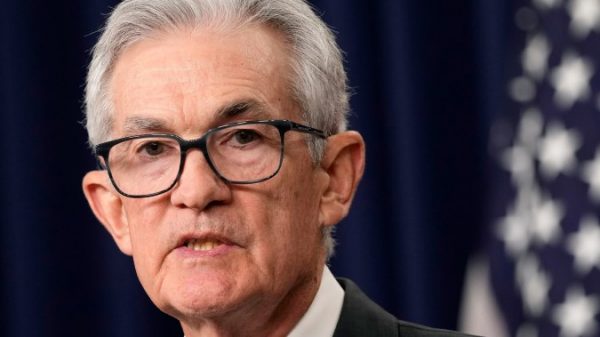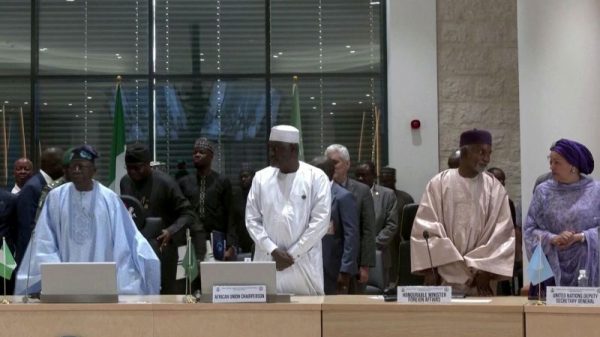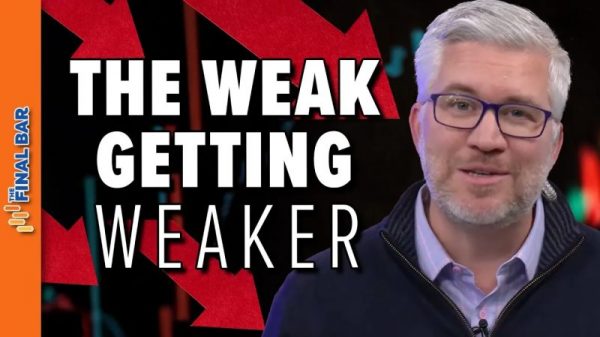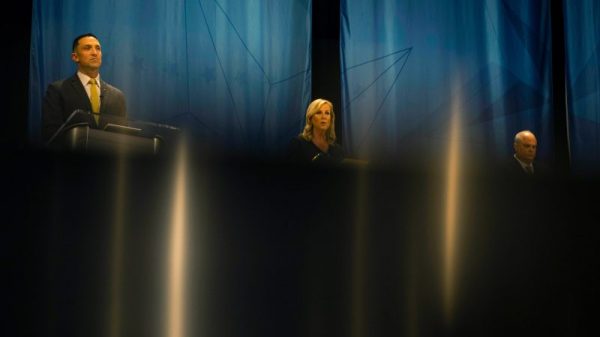Despite the tumultuous backdrop of an Iranian attack, U.S President Joe Biden has criticized the Israeli Prime Minister, Benjamin Netanyahu, advising him to ‘slow things down.’ This notion underscores the President’s hopes to pivot and add a new dimension to the United States’ relationship with not just Israel, but the Middle East as a whole.
The heart of Biden’s message orbits around the aim of sustaining peace and deescalating tension in the region, primarily between Israel and Iran, whose relationship has grown fraught over the years. Traditionally, the United States under previous administrations maintained strong diplomatic and military ties with Israel. Still, Biden’s calculated choice to publicly suggest restraint reflects a subtle shift indicating a broader U.S. diplomatic approach to the Middle East which is more holistic and balanced.
The recent Iranian attack became the catalyst to illustrate this changing paradigm of U.S. foreign policy. Biden, previously silent on issues concerning the Middle East under his administration, found select words of caution and counsel for Netanyahu. This calculated discourse impacts more than just U. S-Israel relations – it’s a signal to the world that the U. S, under Biden’s governance, is assuming responsibility to ensure Middle East stability, starting with diplomacy rather than unleashing the arsenal.
The idea of ‘slowing down,’ may well be seen as undue interference, given the historical context of U.S.- Israel relations. However, Biden’s advisory remark should be seen as a reflection of his administration’s approach to foreign policy. It implies a less combative stance and leans towards a more diplomatic resolution to tension in the Middle East. It is a pivot away from hard power, embracing softer nuances of negotiation and dialogue, stepping away from the inclination towards military action.
This ‘slow things down’ approach may lead to complex debates amongst global leaders, particularly concerning Iran and Israel’s strained relationship. It is an assertive move, carrying implications that U. S policy under Biden could be steering away from employing strong-arm tactics, instead leaning on diplomatic pressure to manage matters of global security.
Critics may argue that Biden’s advisement might weaken ties with strong allies like Israel and make the U.S seem less assertive. However, proponents may counter-argue that such a stance signifies a mature, practical, and level-headed approach to maintaining global peace, embodying the essence of diplomacy and negotiation. Lesser reliance on force, they say, could turn tables in favor of pacifying heightened tensions, fostering a more cooperative global environment.
In summary, Biden’s advice to Netanyahu after the Iranian attack significantly indicates a shift in U.S foreign policy. ‘Slowing things down’ emphasizes diplomacy over aggression, planting seeds for a more balanced, holistic approach towards the Middle East, and ultimately, towards global co-existence. As this unfolds, the world watches, waiting to see if Biden’s pacific approach will indeed yield positive and peaceable results in this volatile region.



































